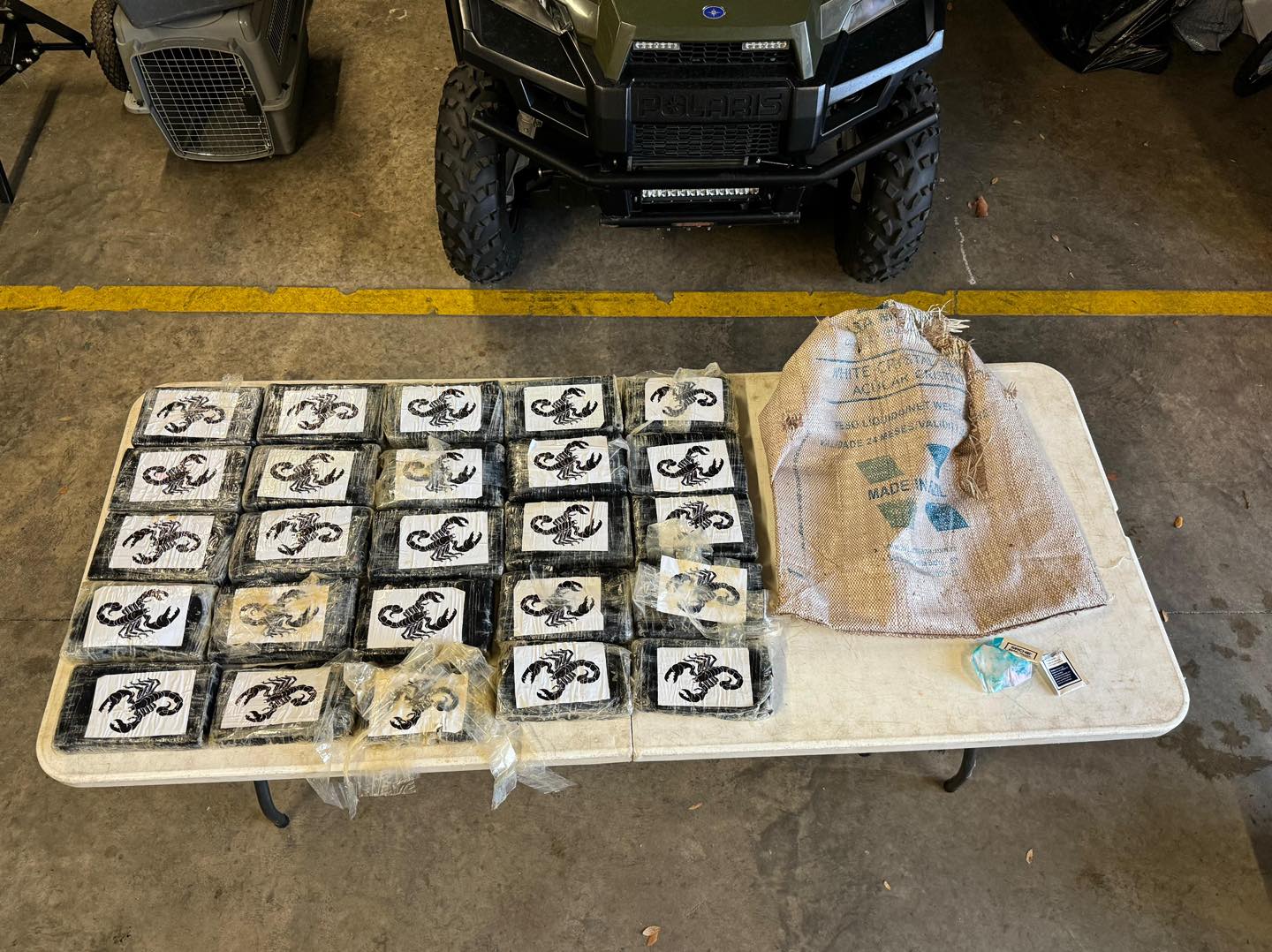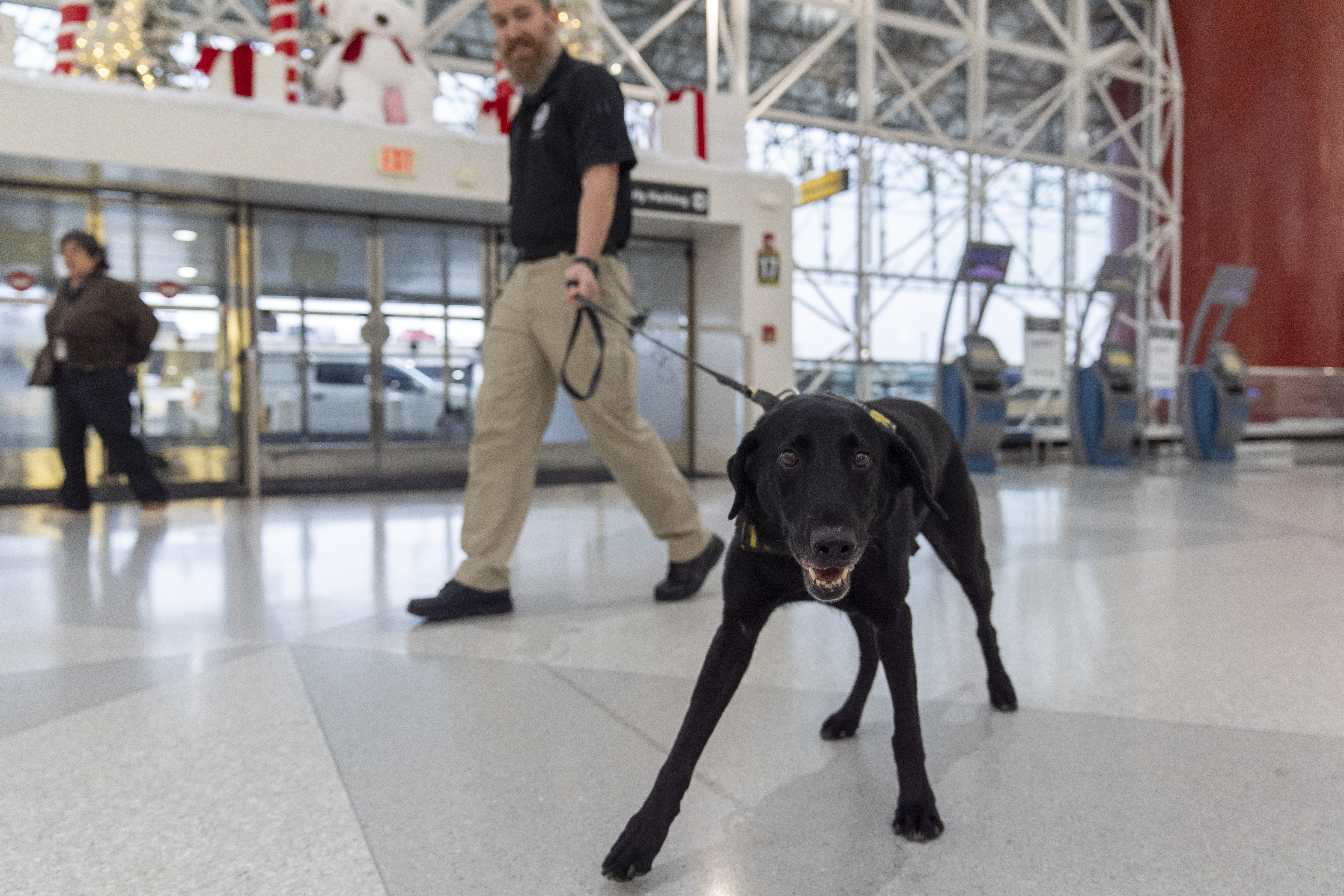A new insurance industry report is grading the major carmakers' assisted driving systems.
The U.S. Insurance Institute for Highway Safety (IIHS) conducted the study. It found that when it comes to Tesla's autopilot system, there is no evidence of it or any other assisted driving systems providing real-world safety benefits.
Tesla did not immediately comment on the new findings. In the past, it has said its autopilot system is about 10 times safer than the U.S. average.
In all, researchers tested 14 systems. Only one earns an acceptable rating, two are rated marginal and 11 are rated poor.
Get top local stories in Connecticut delivered to you every morning. >Sign up for NBC Connecticut's News Headlines newsletter.
"Most of them don’t include adequate measures to prevent misuse and keep drivers from losing focus on what’s happening on the road," IIHS President David Harkey said in a statement.
Advocates for Highway and Auto Safety President Cathy Chase said the Department of Transportation needs to set minimum standards to ensure driver and passenger safety.
"The new IIHS report sheds a critical light on the inadequacies of some of the advanced driver assistance systems," she said. "We weren’t particularly surprised, considering there are no minimum federal safety standards. Automakers can put any systems that they want in the cars."
U.S. & World
The IIHS looked at systems from BMW, Ford, General Motors, Genesis, Lexus, Mercedes-Benz, Nissan, Tesla and Volvo, and they examined driver monitoring, attention reminders, emergency procedures, driver involvement and safety features.
The goal is to encourage automakers to have more robust safeguards.



